Speaking of The Self: Gender, Performance and Autobiography in South Asia
Many consider the autobiography to be a Western genre that represents the self as fully autonomous. The contributors to Speaking of the Self challenge this presumption by examining a wide range of women’s autobiographical writing from South Asia. Expanding the definition of what kinds of writing can be considered autobiographical, the contributors analyze everything from poetry, songs, mystical experiences and diaries, to prose, fiction, architecture and religious treatises. The authors they study are just as diverse: a Mughal princess, an eighteenth-century courtesan from Hyderabad, a nineteenth-century Muslim prostitute in Punjab, a housewife in colonial Bengal, a Muslim Gandhian devotee of Krishna, several female Indian and Pakistani novelists and two male actors who worked as female impersonators. The contributors find that in these autobiographies the authors construct their gendered selves in relational terms. Throughout, they show how autobiographical writing - in whatever form it takes - provides the means towards more fully understanding the historical, social and cultural milieu in which the author performs herself and creates her subjectivity.
Get it now and save 10%
BECOME A MEMBER
-
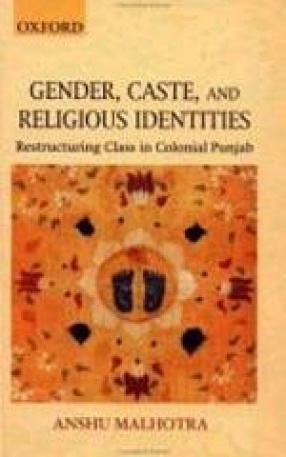
Gender, Caste, and Religious Identities: Restructuring Class in Colonial Punjab
-
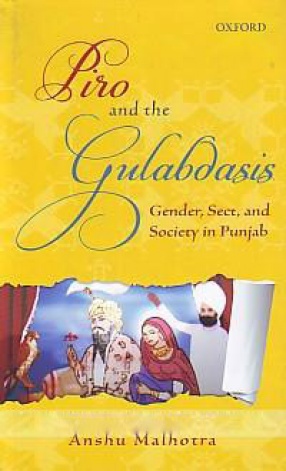
Piro and the Gulabdasis: Gender, Sect, and Society in Punjab
-
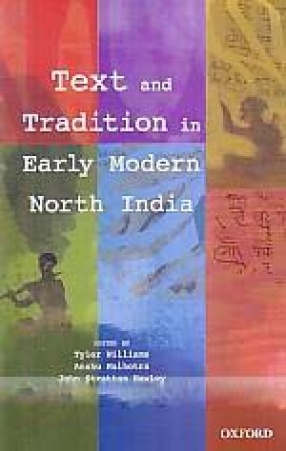
Text and Tradition in Early Modern North India
-
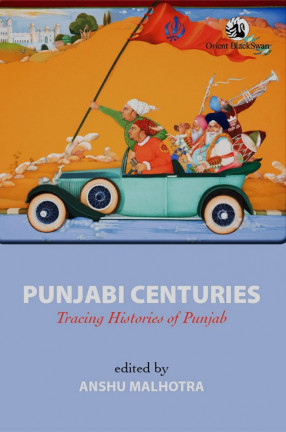
Punjabi Centuries: Tracing Histories of Punjab
-
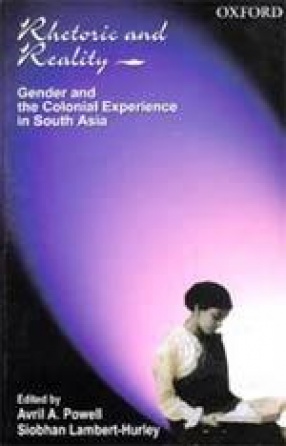
Rhetoric and Reality: Gender and the Colonial Experience in South Asia
-
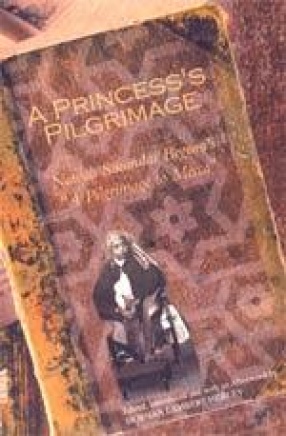
A Princess's Pilgrimage: Nawab Sikandar Begum's A Pilgrimage to Mecca
-
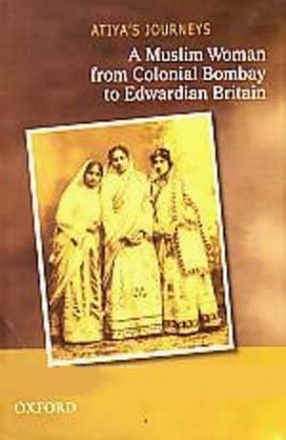
Atiya's Journeys: A Muslim Woman from Colonial Bombay to Edwardian Britain

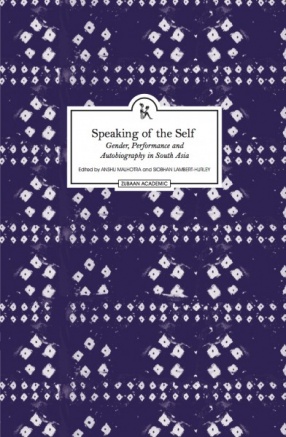

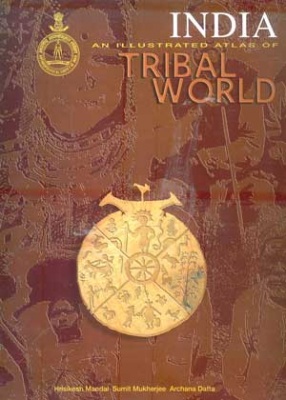
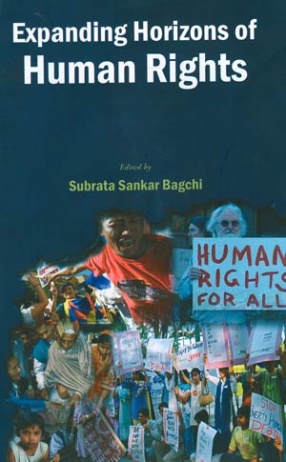
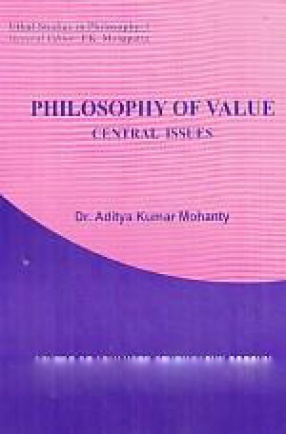

Bibliographic information
Siobhan Lambert-Hurley